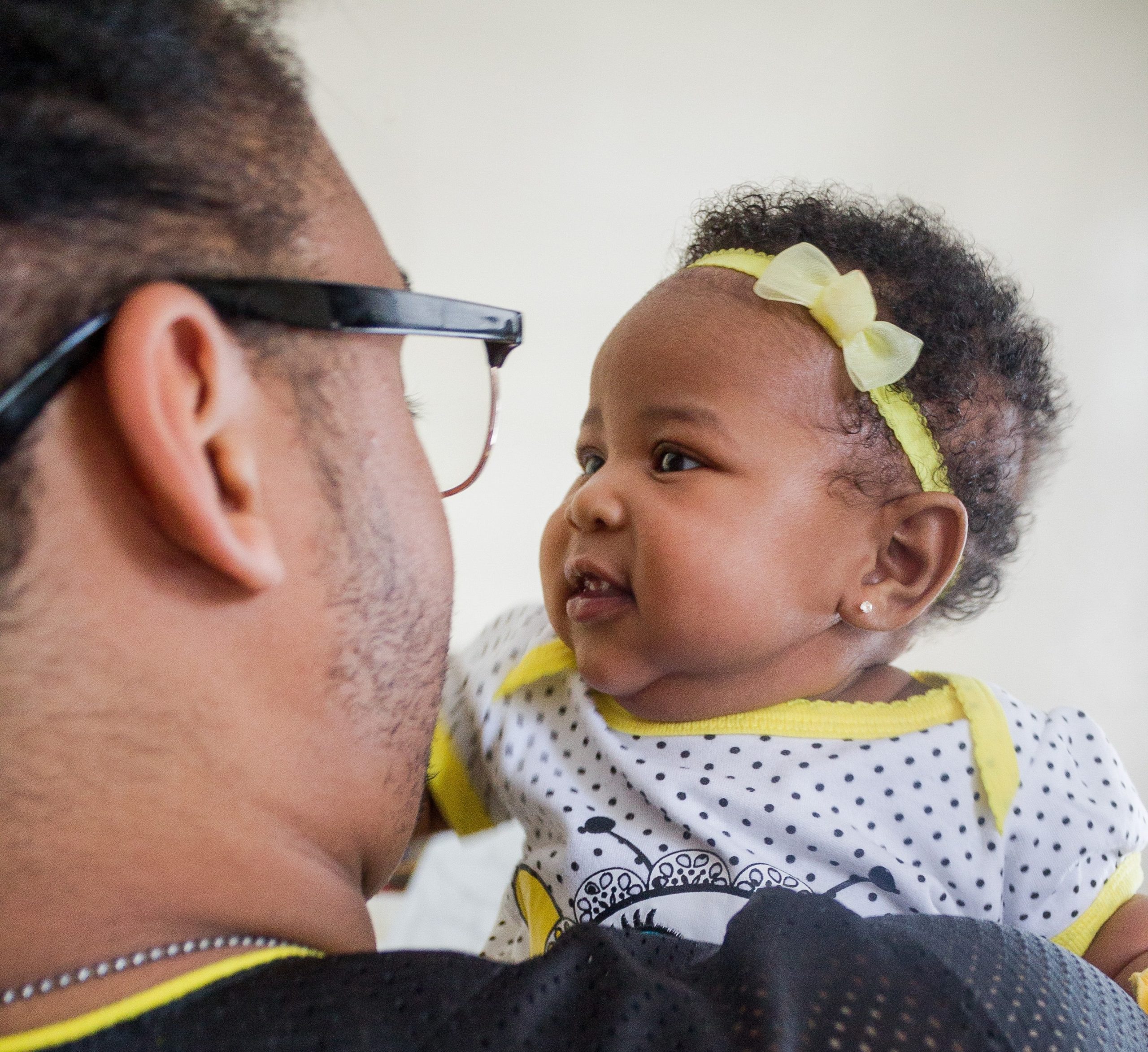Every year as father’s day approaches, my timeline is filled with beautiful dedications from black children to their fathers. Even though social media is not the best indicator of reality, it generally reflects the verisimilitude of society. Growing up without a father, I too have been very gullible to the pervasive myth about the absent black father: that they are more often than not absent from their children’s lives. Conflicted by the state of my timeline vs my experiences, I decided to do some research on the “absent black father”. My findings show that if one observes the data presented closely, the reality is far more complicated than the ugly stereotype suggests.
2004. The king wit the prince my first Ocjaaf Superbowl. @kalvin.love too cool at qb
A post shared by snoopdogg (@snoopdogg) on
Absent Black father myth:
In 1965, Senator Patrick Moynihan published a report on black families to argue for federal affirmative action. The thinking in his report is that the high rates of poverty and low levels of educational achievement in Black communities can be traced to the high number of Black babies born out of wedlock and subsequently raised in single-mother homes.
Facts used to validate the myth:
Debunking the myth:
This argument is heavily based on the assumption that unmarried households = absent fathers. In essence, there could never be unmarried couples who live together with their children and as such, 71.5% of Black non-Hispanic children are plagued with an absent father. Secondly, it also heavily assumes that all children living in single parent households headed by their mothers, have automatically been abandoned by their fathers.
A post shared by Devon Still (@stillinthegame) on
The reality however is that, when compared to white and Hispanic fathers, Black fathers were the most likely to get involved in the daily lives of their children even when not living with them.
2.5 million of 4.2 million Black fathers — or about 59.5 percent — live with their children. They are just legally unmarried.
The breakdown of fathers who bathed, diapered or dressed their children daily is, Latino: 45% ,White: 60%, Black: 70% (Source: CDC)
The breakdown of men who fed their children daily is, Latino: 64%, White: 74% , Black : 78% (Source: CDC)
The breakdown of men who played with their children daily, Latino: 74%, White: 82%, Black: 82% (Source: CDC)
A post shared by Ayesha Curry (@ayeshacurry) on
Anti-police mindset associated with absent father myth:
President Obama during a speech delivered on Father’s day in 2008:
“Too many black fathers,” he said, “are missing from too many lives and too many homes. They have abandoned their responsibilities, acting like boys instead of men. We know the statistics — that children who grow up without a father are five times more likely to live in poverty and commit crime; nine times more likely to drop out of schools and 20 times more likely to end up in prison. They are more likely to have behavioral problems, or run away from home or become teenage parents themselves. And the foundations of our community are weaker because of it…”
Philip Jackson, Executive Director of Chicago based Black Star Project argued:
“Father absence in the African American communities, across America, has hit those communities with the force of 100 hurricane Katrinas…It is literally decimating our communities and we have no adequate response to it.”
Debunking the myth:
This is a very dangerous argument that has corrupted the public. It is reductionist in its suggestion that police brutality and other social issues can simply be solved if black men just showed up at home. Once again, it is society’s way of blaming the problems of black people on themselves while absolving all other parties. It is one sided and ignores systematic issues such as mass incarceration, poverty, depressed wages and racial biases from police officers that also contribute to these issues. Furthermore, it argues that other family structures are inherently deficient and that no one else but fathers can instill discipline in children.
The reality:
In conclusion:
The arguments presented supporting the plague of the “absent Black father” are simplistic, reductionist and use very distorted assumptions when presenting facts to back them up. The reality is not as simple and straightforward as the stereotype suggests. Black fatherhood is nuanced and not fully characterized by laziness and lack of commitment as the stereotype suggests. There are also very real systematic issues at play. It is important that we as society rewire our our perception of black fatherhood because this stereotype has very negative effects especially on policies that affect the daily lives of African Americans.
P R O U D F A T H E R O F 3 J O R D A N K O D Y K A L E A S E T G A N G
A post shared by OFFSET (@offsetyrn) on




